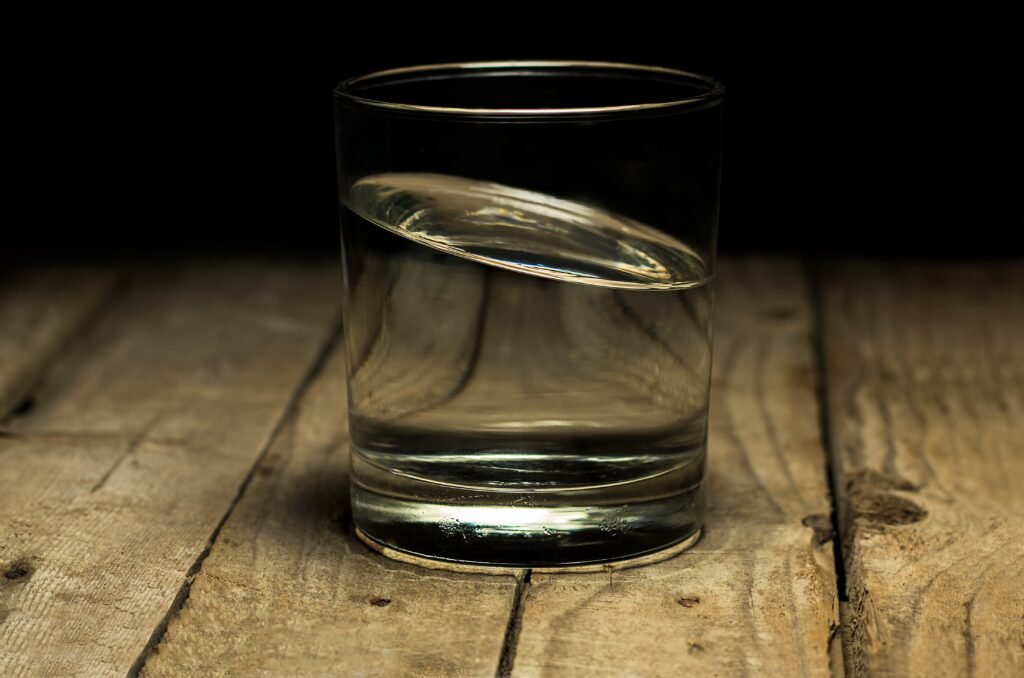Importance of Water for Our Health

Outline
Benefits of Staying Hydrated
- Vital for Bodily Functions
- Cellular Processes
- Digestion
- Enhances Cognitive Function
- Aids in Detoxification
- Kidney Function
- Liver Function
- Skin Health
- Boosts Physical Performance
- Supports Weight Management
- Enhances Skin Health
- Balances Body Fluids
- Boosts Immune System
- Vital for Bodily Functions
When Not to Drink Water
Best Water Temperature for Drinking
Conclusion
Benefits of Staying Hydrated
Water is essential to life, making up about 60% of the human body. Its importance cannot be overstated, as it plays a crucial role in nearly every bodily function. Here’s why keeping up with your water intake is so important:
Vital for Bodily Functions
- Cellular Processes:
Water aids in the transportation of nutrients, the removal of waste, and cell communication, all of which are critical to maintaining cellular health. - Digestion:
Water forms saliva, which is essential for breaking down food, and aids in the entire digestion process. - Enhances Cognitive Function:
Our brains are highly sensitive to hydration levels. Proper fluid balance is linked to improved concentration, alertness, and short-term memory.
- Cellular Processes:
Aids in Detoxification
- Kidney Function:
Water is crucial for helping the kidneys filter out toxins and waste products from the bloodstream. - Liver Function:
A well-hydrated liver is more efficient at processing and eliminating toxins, which is essential for overall health. - Skin Health:
Proper hydration helps to flush out toxins from the body, maintain skin elasticity, and support a healthy complexion.
- Kidney Function:
Boosts Physical Performance
- Muscle Function:
Staying hydrated is key to enhancing muscle function, improving strength and endurance, and reducing the risk of cramps and injuries. - Endurance:
Dehydration can lead to fatigue and reduced physical performance, making it vital to stay hydrated during physical activities.
- Muscle Function:
Supports Weight Management
- Increased Metabolism:
Drinking water can boost your metabolism, helping you burn more calories throughout the day. - Reduced Appetite:
Sometimes, thirst is mistaken for hunger. Drinking water before meals can help control appetite and reduce overall calorie intake. - Healthy Calorie-Free Drink:
Water is a healthy, zero-calorie alternative to sugary drinks, making it an excellent choice for weight management.
- Increased Metabolism:
Enhances Skin Health
- Moisturization:
Hydration keeps the skin moisturized, preventing dryness and irritation. - Natural Barrier:
Water supports the skin’s natural barrier, helping to protect against environmental damage. - Plump Skin:
Proper hydration makes the skin look plump and youthful, reducing the appearance of fine lines and wrinkles.
- Moisturization:
Balances Body Fluids
- Nutrition Absorption:
Water is crucial for the absorption and transportation of nutrients throughout the body. - Muscle Function:
It supports proper muscle function, ensuring that muscles work efficiently and without cramping. - Saliva Production:
Water maintains adequate saliva production and digestive enzyme functions, aiding in digestion and overall oral health.
- Nutrition Absorption:
Learn Here About ” Before and After using hydroquinone”
Boosts Immune System
- Lymph Production:
Staying hydrated enhances the production of lymph, which carries white blood cells and other components of the immune system. - Toxin Removal:
Proper hydration helps flush out toxins that can weaken the immune response, supporting overall health.
- Lymph Production:
When Not to Drink Water
While staying hydrated is important, there are times when drinking water might not be ideal:
- Before, During, and Right After Meals:
Avoid drinking water during these times as it can dilute digestive juices and interfere with digestion. - 30 Minutes Before Meals:
It’s best to drink water at least 30 minutes before a meal to aid digestion without diluting digestive enzymes. - 40 Minutes After Meals:
Wait at least 40 minutes after eating before drinking water to allow your body to digest food properly.
Tip:
To avoid the urge to drink water immediately after eating, thoroughly rinse your mouth after meals.
Best Water Temperature for Drinking
- Avoid Chilled Water:
Drinking cold water too often can shock the digestive system and may hinder the digestive process. - Room Temperature or Lukewarm Water:
It’s best to drink water at room temperature or slightly warm. Lukewarm water, in particular, is better for digestion and overall health.
Conclusion
Drinking water is not just about quenching thirst; it’s about ensuring that your body functions properly. Incorporating sufficient water intake into your daily routine can lead to improved health, enhanced physical and cognitive performance, and overall well-being. The benefits of staying hydrated extend beyond just feeling refreshed; it is a cornerstone of maintaining a healthy, balanced life.
For a healthier life, make drinking water a priority today.
